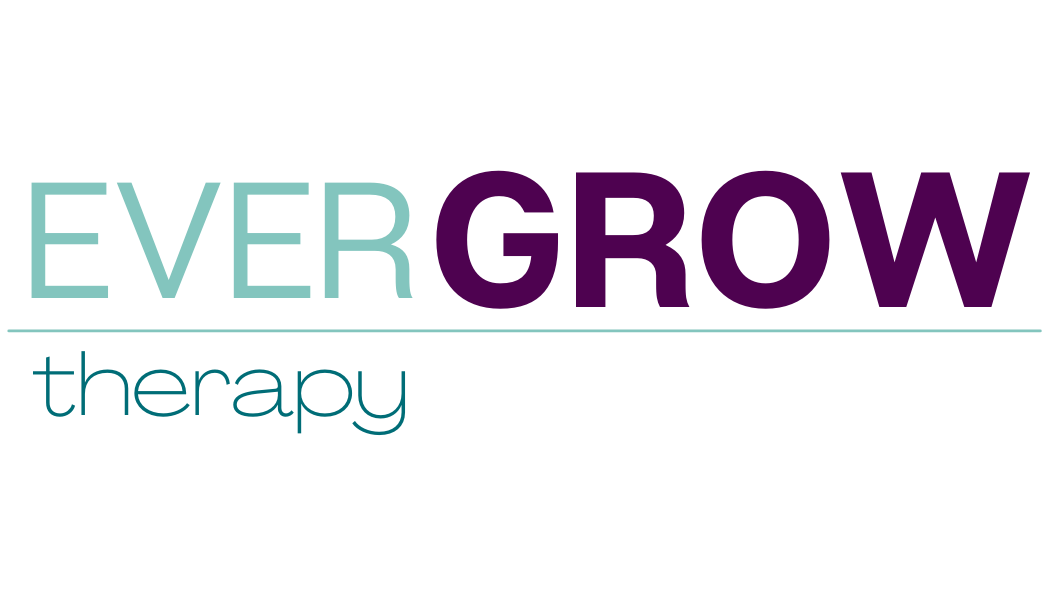Difficult Childhood Experiences
What Are Difficult Childhood Experiences?
Perhaps you’ve had some difficult experiences while growing up, but wouldn’t necessarily label them as traumatic. And yet, you still find yourself feeling the impact of that early history. Maybe it’s the guilt that eats you up inside. Or the ticking time bomb that’s waiting to go off if one more thing gets added to your plate. Or maybe it’s just feeling like you’re not enough. These feelings don’t need to be traumatic to still be an incredibly heavy burden to carry.
Examples of Difficult Childhood Experiences
- Having a depressed parent
- Alcohol or drug abusing parent(s)
- Frequent or intense parental conflict
- Divorce
- Excessively strict parents
- Critical parents
- Expectations of high achievement
- Lack of emotional support
- Bullying
Symptoms of Difficult Childhood Experiences
- Difficulty trusting others
- Excessive feelings of guilt
- Perfectionism
- People-pleasing tendencies
- Difficulty understanding what is “normal”
- Difficulty putting your needs first
- Frequent self-criticism
- Discomfort with emotions
- Feeling like you’re not enough
You might find yourself minimizing your pain, saying things like “oh, it’s not that bad,” and “other people have had it far worse.” But this just forces you to ignore all the things you’re actually feeling, and prevents you from truly caring for yourself.
I want you to know that you don’t have to wait until you feel worse to get started feeling better. You deserve to overcome the weight of your past and stop carrying it into your future!
What Happens Next?
If you’re ready to let go of any unhelpful ways of being, I’m ready to help! You can call, email, or schedule a free 15 minute consultation with me. We will talk more about what you’re going through and what you’re looking for out of therapy and have the opportunity to ask any questions you may have.
How Will I Overcome My Difficult Childhood Experiences?
The first one or two appointments will allow us time to get to know each other. I will ask several questions to learn about your background and experiences and identify the ways I can help.
Because the relationship is the most influential part of therapy, sometimes our sessions might feel like we’re just two people having a conversation. But during these discussions, I will be asking questions to help you see things in a new light, working with you to identify unhelpful patterns of thinking and doing, connect current patterns to your difficult childhood experiences, tend to the emotions that might be overlooked, and consider ways to create change.
In addition to this collaborative conversation, additional frameworks I might pull from include:
Relational therapy
Attachment-based therapy
The Havening Techniques ™
Cognitive Behavioral Therapy

Additional Areas of Focus:
Get In Touch
Call
(949)-415-8807
drdanabasu@gmail.com
Location
Serving clients throughout California
Hours
By appointment only


